(Note: Students are required to have the ability of reading, writing and communicating in Japanese.)
In this course, students will understand the necessity of critically examining science and technology that support today's society by considering “how science and technology work” from the viewpoints of philosophy and ethics.
In this course, students will understand the necessity of critically examining science and technology that support today's society by considering “how science and technology work” from the viewpoints of philosophy and ethics.
Science and technology have both positive and negative influence on society. Therefore, we are required to reflect critically
(“constructive criticism,” not “denial”) on science and technology activities. Looking back on the history of science, “science”
until the 18th and 19th centuries was “natural philosophy.” That is, to reflect on science and technology is nothing but to
consider “how science and technology work” from a philosophical and ethical standpoint. In this course, students will overview
the history of science as “from natural philosophy to modern science” in order to understand that there is no such gap between
science and technology and philosophy as “science” and “humanities.” Students will also be familiar with major ideas in philosophy
of science, philosophy of technology, environmental, information, and bioethics in order to deepen their own understanding
of “how their own specialized fields (in science and technology) work.”
- Explain the relationship between science and technology from a historical perspective using examples.
- Comprehend and explain concretely the main ideas of history of science and history of philosophy.
- Comprehend and explain concretely the main issues in environmental, information, and bioethics.
- Consider and explain how one’s own specialized field work from philosophical and ethical viewpoints.
- Comprehend the LOs of this course to evaluate your achievements.
| Discussion Sheet | Mini Quiz | Total. | |
|---|---|---|---|
| 1. | 5% | 15% | 20% |
| 2. | 5% | 15% | 20% |
| 3. | 5% | 15% | 20% |
| 4. | 5% | 15% | 20% |
| 5. | 5% | 15% | 20% |
| Total. | 25% | 75% | - |
In each class, students are required to conduct a group discussion, which will be summarized on a Discussion Sheet to be submitted
at the end of each class. After each class, students are required to answer to a Mini Quiz to assess their understanding of
each class. Both assignments are essay-based.
Note that the objective of this course is not to merely understand the course content in terms of knowledge but to deepen students' consideration. Therefore, the evaluation will be based on how deep students can consider about the course content. Consequently, the evaluation criteria are whether or not students have written a substantial argument. If a student is able to write sufficiently about his/her own ideas based on the course contents, both in terms of quality and quantity, he/she can expect to receive a grade of 60 or higher.
Also note that no credits will be given for those who attend classes less than 2/3.
Note that the objective of this course is not to merely understand the course content in terms of knowledge but to deepen students' consideration. Therefore, the evaluation will be based on how deep students can consider about the course content. Consequently, the evaluation criteria are whether or not students have written a substantial argument. If a student is able to write sufficiently about his/her own ideas based on the course contents, both in terms of quality and quantity, he/she can expect to receive a grade of 60 or higher.
Also note that no credits will be given for those who attend classes less than 2/3.
| Class schedule | HW assignments (Including preparation and review of the class.) | Amount of Time Required | |
|---|---|---|---|
| 1. | Introduction (#1-2): - Objectives of this course, contents, grading policy, etc. - Meaning of taking this course from the viewpoint of SIT’s educational objectives - What are philosophy and ethics: Consideration from "the two cultures In-class Assignment: Discussion Sheet 1 (submit at the end of the class) |
Assignment: Mini Quiz 1 | 30minutes |
| Review / Prep for the next class: Read the syllabus; Study briefly about "philosophy," "ethics," and "the two cultures." | 160minutes | ||
| 2. | - The necessity of "philosophizing" science and technology: Introduction of STS In-class Assignment: Discussion Sheet 2 (submit at the end of the class) |
Assignment: Mini Quiz 2 | 30minutes |
| Review: Deepen consideration on discussion in the class. | 40minutes | ||
| Prep for the next class: Study briefly about "natural philosophy." | 120minutes | ||
| 3. | The Origin of "Science" (#3-4): From "Natural Philosophy" to "Science" - Historical transition of the thoughts of Plato and Aristotle - The Scientific Revolution and the birth of modern science In-class Assignment: Discussion Sheet 3 (submit at the end of the class) |
Assignment: Mini Quiz 3 | 30minutes |
| Review: Deepen consideration on discussion in the class. | 40minutes | ||
| Prep for the next class: Study briefly about "the Industrial Revolution," and "the French Revolution." | 120minutes | ||
| 4. | - The establishment of modern science: Institutionalization and professionalization of science In-class Assignment: Discussion Sheet 4 (submit at the end of the class) |
Assignment: Mini Quiz 4 | 30minutes |
| Review: Integrate consideration in the classes #3-4. | 120minutes | ||
| Prep for the next class: Think about how to prove that "the Earth is orbiting around the Sun." | 40minutes | ||
| 5. | Philosophy of Science (#5-7): - Does science advance: Paradigm theory In-class Assignment: Discussion Sheet 5 (submit at the end of the class) |
Assignment: Mini Quiz 5 | 30minutes |
| Review: Deepen consideration on discussion in the class. | 40minutes | ||
| Prep for the next class: Think about why we can say "the Sum will rise (in the east) and set (in the west) tomorrow." | 120minutes | ||
| 6. | - What does "scientific" mean (1): Inductivism In-class Assignment: Discussion Sheet 6 (submit at the end of the class) |
Assignment: Mini Quiz 6 | 30minutes |
| Review: Deepen consideration on discussion in the class. | 40minutes | ||
| Prep for the next class: Think about why we can say "It is a crow" when we see crows. | 120minutes | ||
| 7. | - What does "scientific" mean (2): Falsificationism In-class Assignment: Discussion Sheet 7 (submit at the end of the class) |
Assignment: Mini Quiz 7 | 30minutes |
| Review: Integrate consideration in the classes #5-7. | 120minutes | ||
| Prep for the next class: Think about "easy to use." | 40minutes | ||
| 8. | Philosophy of Technology (#8-10): Interaction Between "Humans" and "Objects" - Introduction to philosophy of technology In-class Assignment: Discussion Sheet 8 (submit at the end of the class) |
Assignment: Mini Quiz 8 | 30minutes |
| Review: Deepen consideration on discussion in the class. | 40minutes | ||
| Prep for the next class: Study about an art work (e.g. if a movie, brief story) whose theme is about AIs and/or robots. | 150minutes | ||
| 9. | - Philosophy of technology and society In-class Assignment: Discussion Sheet 9 (submit at the end of the class) |
Assignment: Mini Quiz 9 | 30minutes |
| Review: Deepen consideration on discussion in the class. | 40minutes | ||
| Prep for the next class: Study briefly about "climate engineering." | 120minutes | ||
| 10. | - Philosophy of technology and environment In-class Assignment: Discussion Sheet 10 (submit at the end of the class) |
Assignment: Mini Quiz 10 | 30minutes |
| Review: Integrate consideration in the classes #8-10. | 120minutes | ||
| Prep for the next class: Read an article or study around you that is related to environmental issues. | 40minutes | ||
| 11. | Ethics of Science and Technology (#11-13) - Environmental ethics In-class Assignment: Discussion Sheet 11 (submit at the end of the class) |
Assignment: Mini Quiz 11 | 30minutes |
| Review: Deepen consideration on discussion in the class. | 40minutes | ||
| Prep for the next class: Read an article or study around you that is related to issues about information technology. | 120minutes | ||
| 12. | - Information ethics In-class Assignment: Discussion Sheet 12 (submit at the end of the class) |
Assignment: Mini Quiz 12 | 30minutes |
| Review: Deepen consideration on discussion in the class. | 40minutes | ||
| Prep for the next class: Read an article or study around you that is related to issues about life and bioscience. | 120minutes | ||
| 13. | - Bioethics In-class Assignment: Discussion Sheet 13 (submit at the end of the class) |
Assignment: Mini Quiz 13 | 30minutes |
| Review: Integrate consideration in the classes #11-13. | 120minutes | ||
| Prep for the next class: Think about the social meaning (significance) of your field of specialization. | 40minutes | ||
| 14. | Wrap-up: How Science and Technology Work In-class Assignment: Discussion Sheet 14 (submit at the end of the class) |
Assignment: Mini Quiz 14 | 60minutes |
| Review: Self-review from the 5 objectives of this course | 100minutes | ||
| Total. | - | - | 2660minutes |
| ways of feedback | specific contents about "Other" |
|---|---|
| The Others | 授業内および/または授業外(ScombZ・メール等)でフィードバックを行う.担当教員の説明をよく聴くこと. |
- Jostein Gaarder: Sophie's World: A Novel About the History of Philosophy, Weidenfeld & Nicolson, 2010 (new ed.).
- Yasu Furukawa: A Social History of Science, Chikuma Shobo Publishing, 2018. (in Japanese)
- Kazuhisa Todayama: Adventures in the World of Philosophy of Science, NHK Publishing, 2005. (in Japanese)
- Hidekazu Kanemitsu, Akihiro Yoshinaga, ed.: Philosophy of Technology, Showado Co., 2024. (in Japanese)
- Yasu Furukawa: A Social History of Science, Chikuma Shobo Publishing, 2018. (in Japanese)
- Kazuhisa Todayama: Adventures in the World of Philosophy of Science, NHK Publishing, 2005. (in Japanese)
- Hidekazu Kanemitsu, Akihiro Yoshinaga, ed.: Philosophy of Technology, Showado Co., 2024. (in Japanese)
- If you have already taken the course "Engineering Ethics," think about the relationship between this course and what you
have learned in that course.
- Try to actively tackle with "philosophy."
- Try to actively tackle with "philosophy."
- (Toyosu Campus) Before and after the class (Lecturer Room is 04M31 in Rsch. Bldg.)
(Omiya Campus) Before and after the class or at office (4508-3 in Bldg. 4).
- Course that cultivates a basic problem-solving skills
- Course that cultivates a basic self-management skills
- Course that cultivates an ability for utilizing knowledge
- Course that cultivates a basic interpersonal skills
| Work experience | Work experience and relevance to the course content if applicable |
|---|---|
| N/A | N/A |
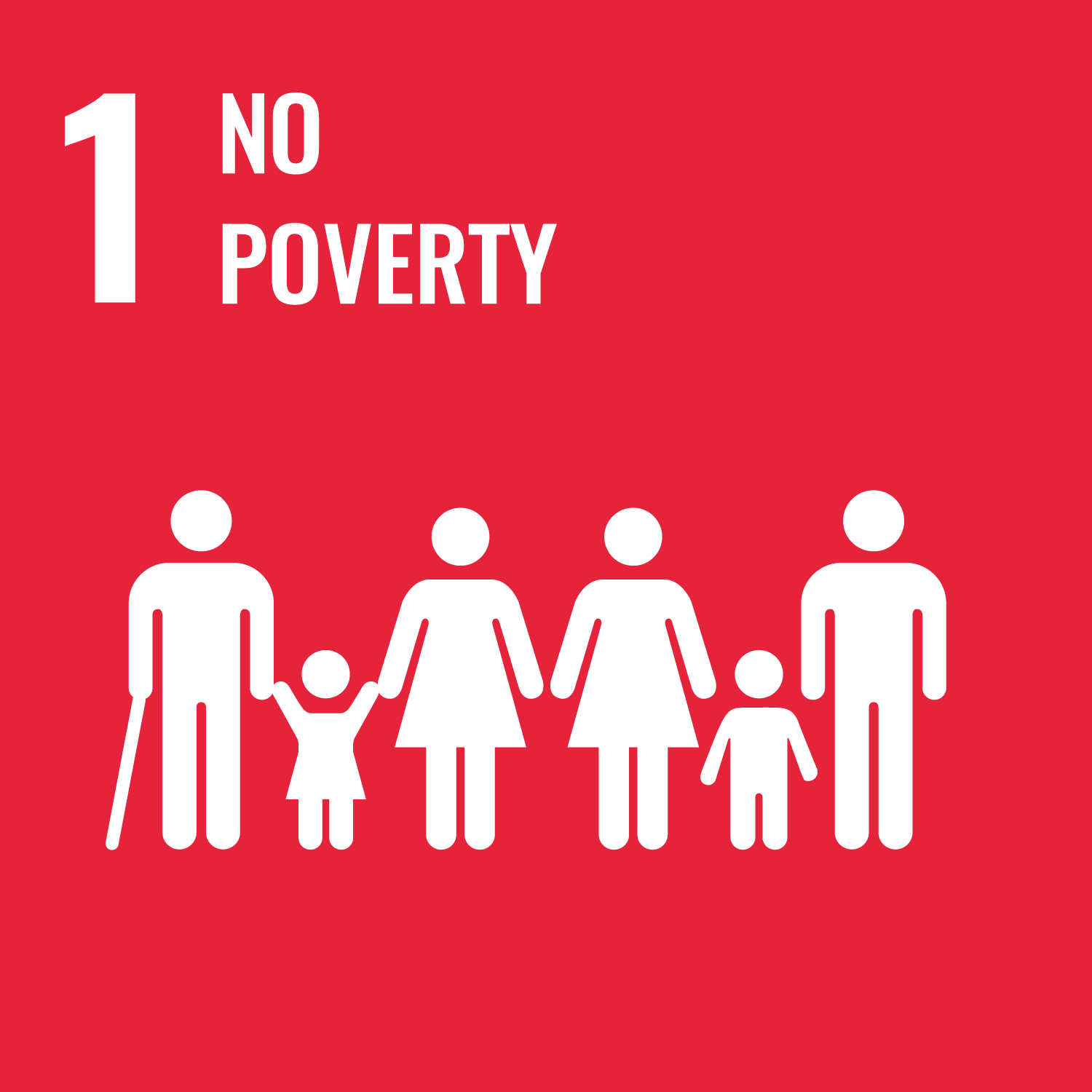
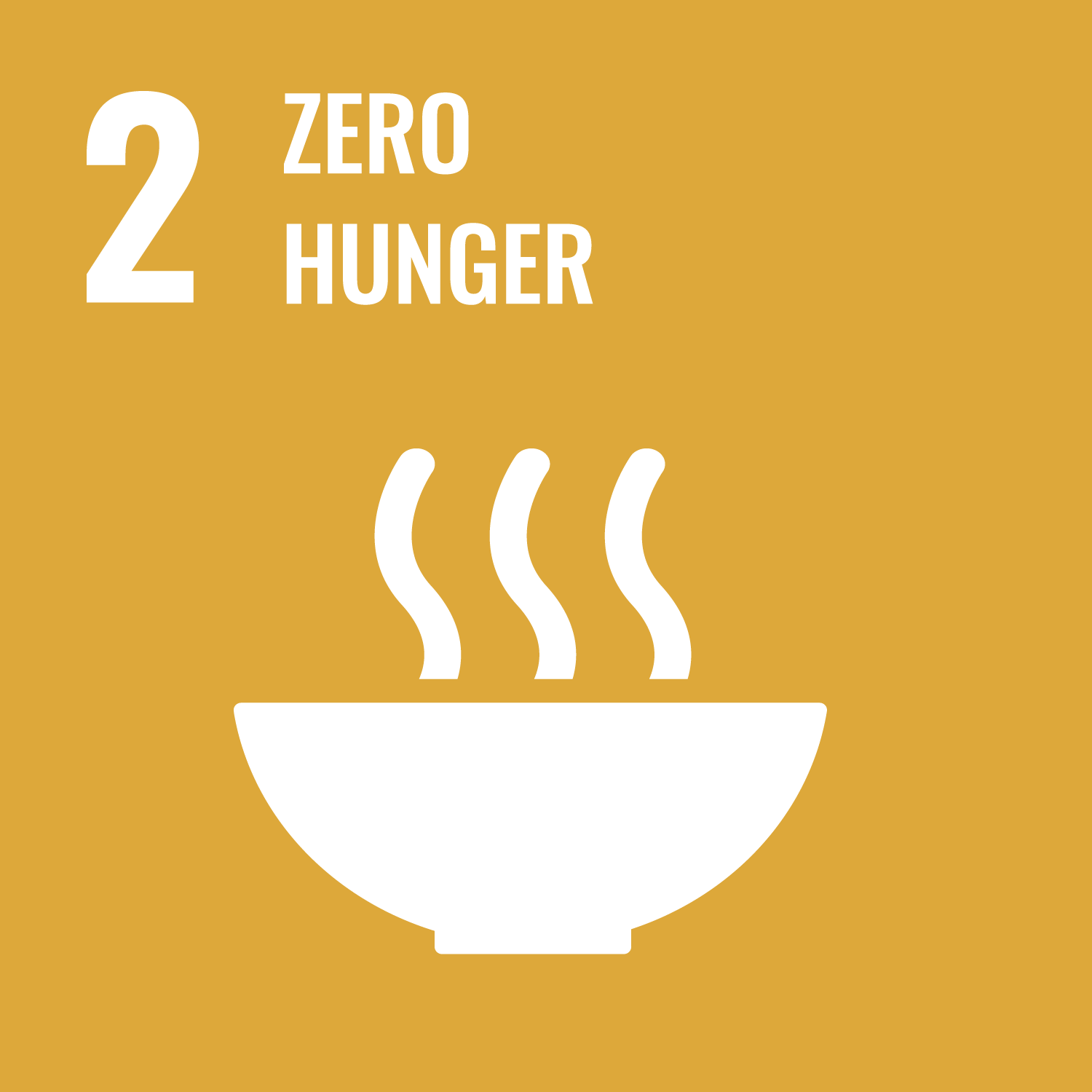


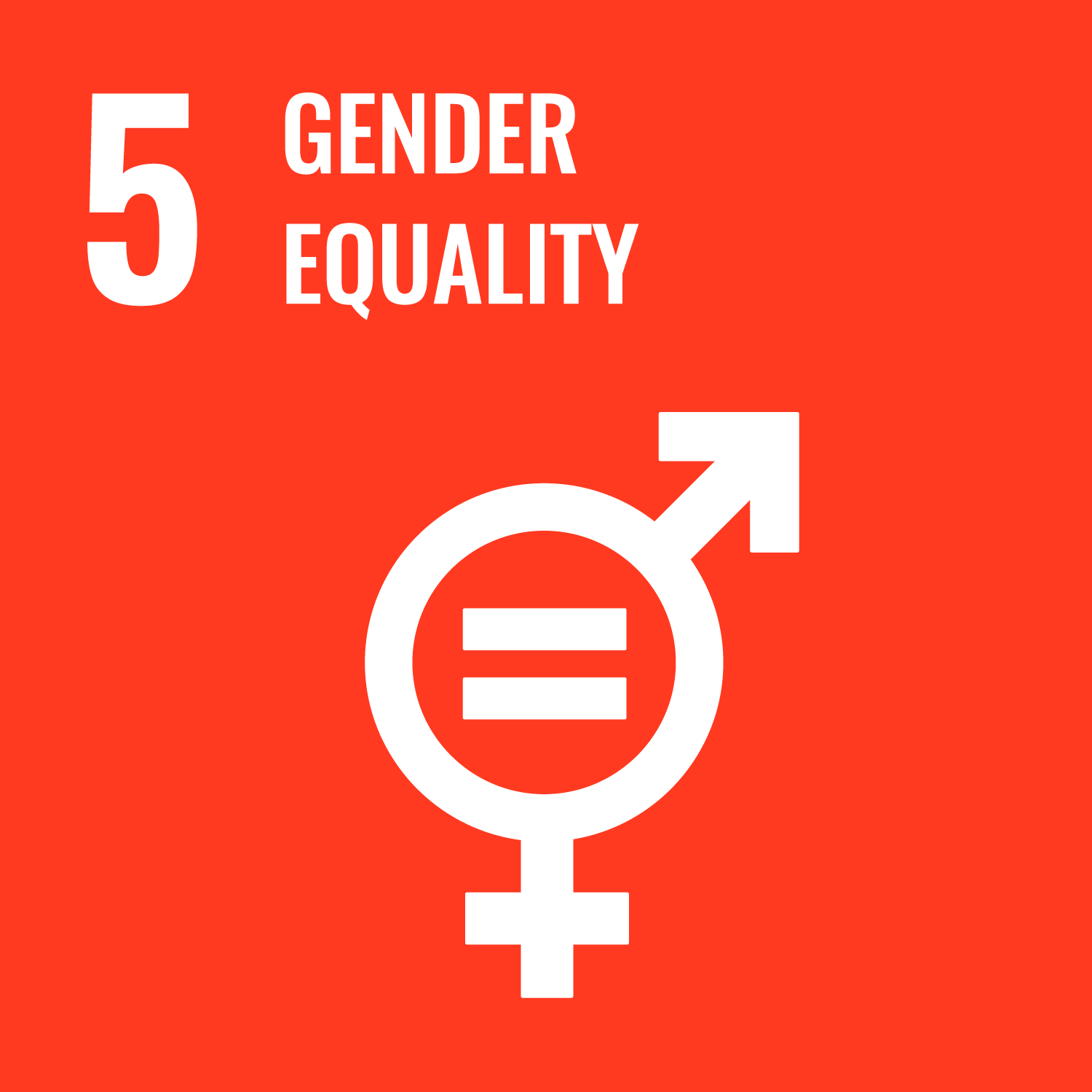
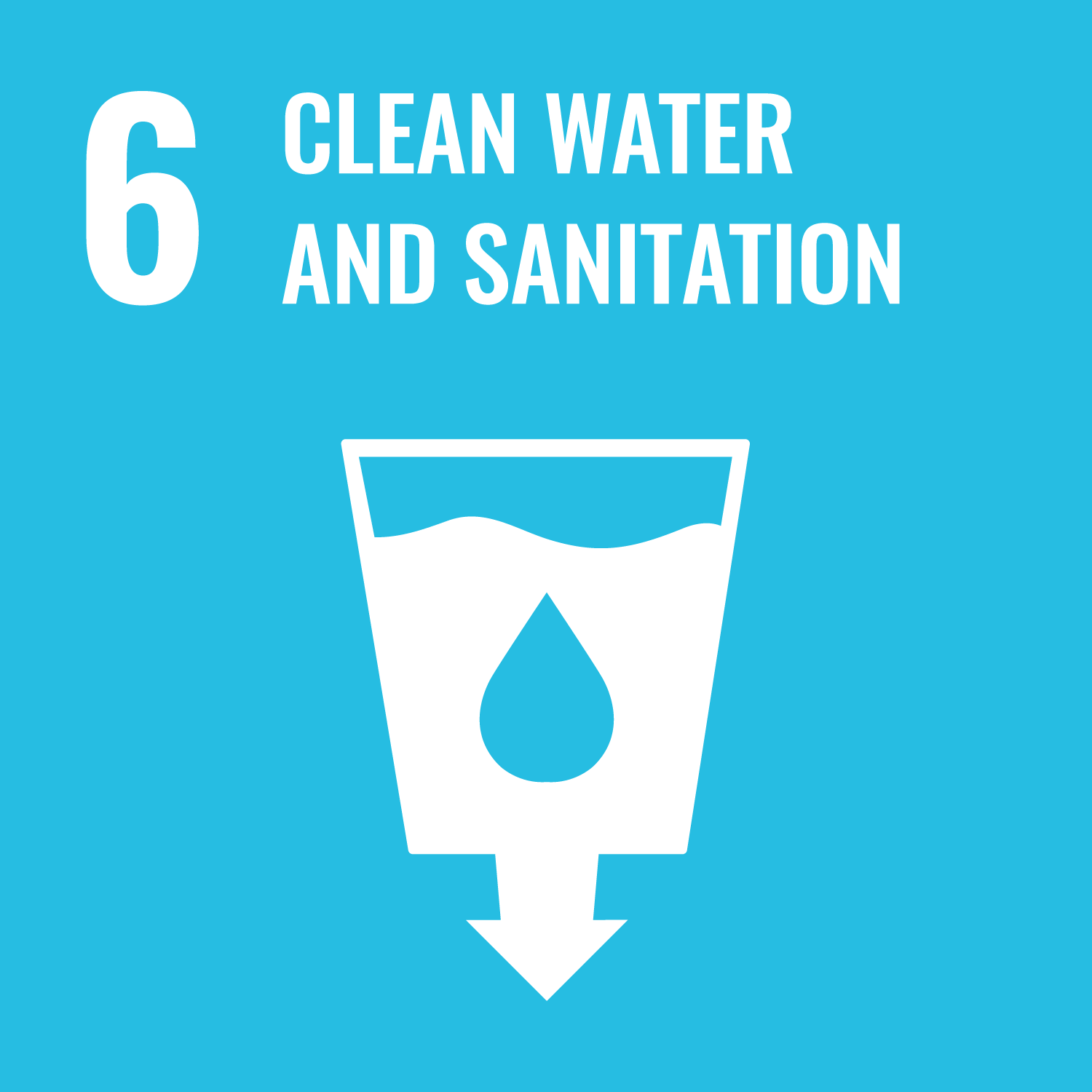







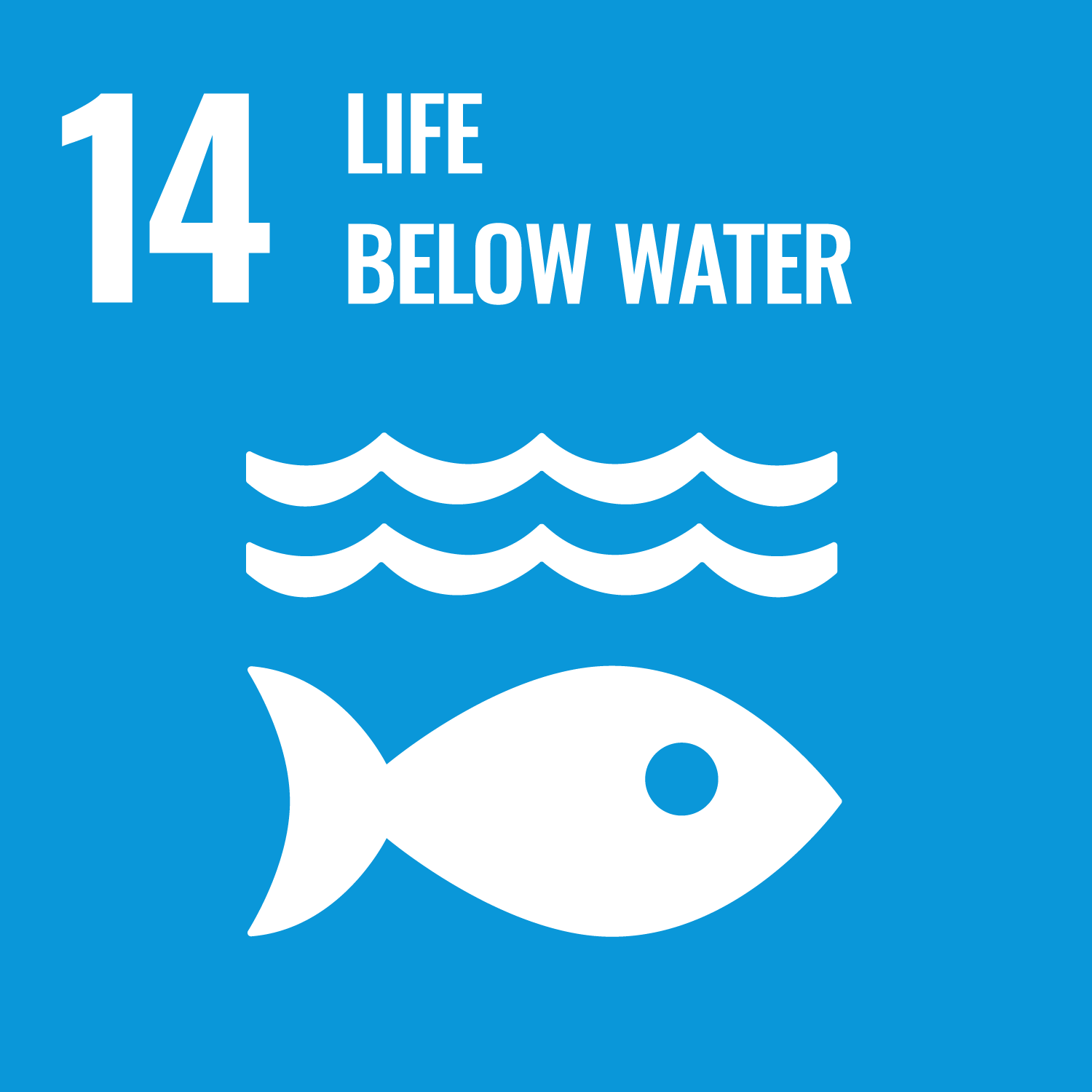
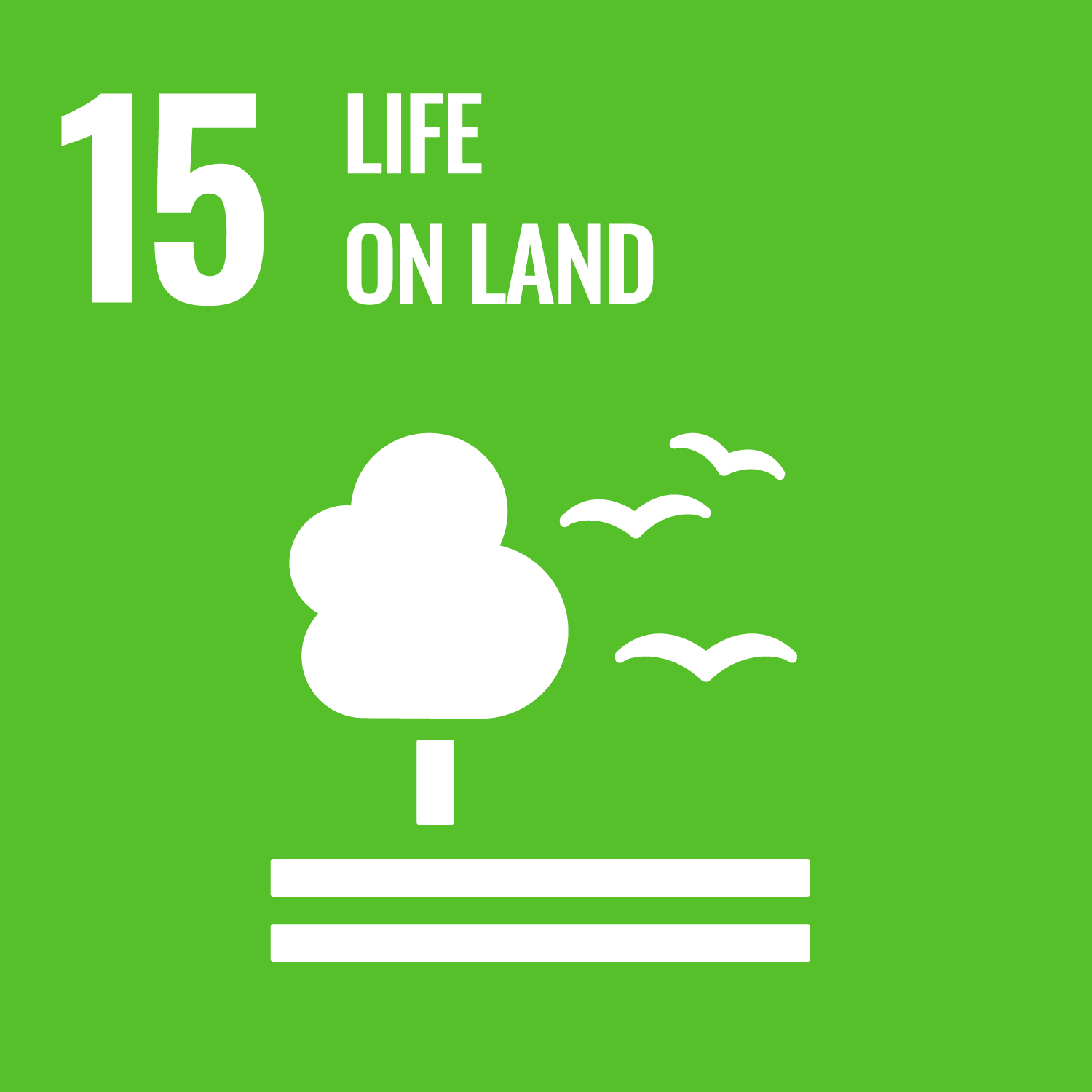


- 1.NO POVERTY
- 2.ZERO HUNGER
- 3.GOOD HEALTH AND WELL-BEING
- 4.QUALITY EDUCATION
- 5.GENDER EQUALITY
- 6.CLEAN WATER AND SANITATION
- 7.AFFORDABLE AND CLEAN ENERGY
- 8.DECENT WORK AND ECONOMIC GROWTH
- 9.INDUSTRY, INNOVATION AND INFRASTRUCTURE
- 10.REDUCED INEQUALITIES
- 11.SUSTAINABLE CITIES AND COMMUNITIES
- 12.RESPONSIBLE CONSUMPTION & PRODUCTION
- 13.CLIMATE ACTION
- 14.LIFE BELOW WATER
- 15.LIFE ON LAND
- 16.PEACE, JUSTICE AND STRONG INSTITUTIONS
- 17.PARTNERSHIPS FOR THE GOALS
Last modified : Tue Feb 11 04:13:13 JST 2025
